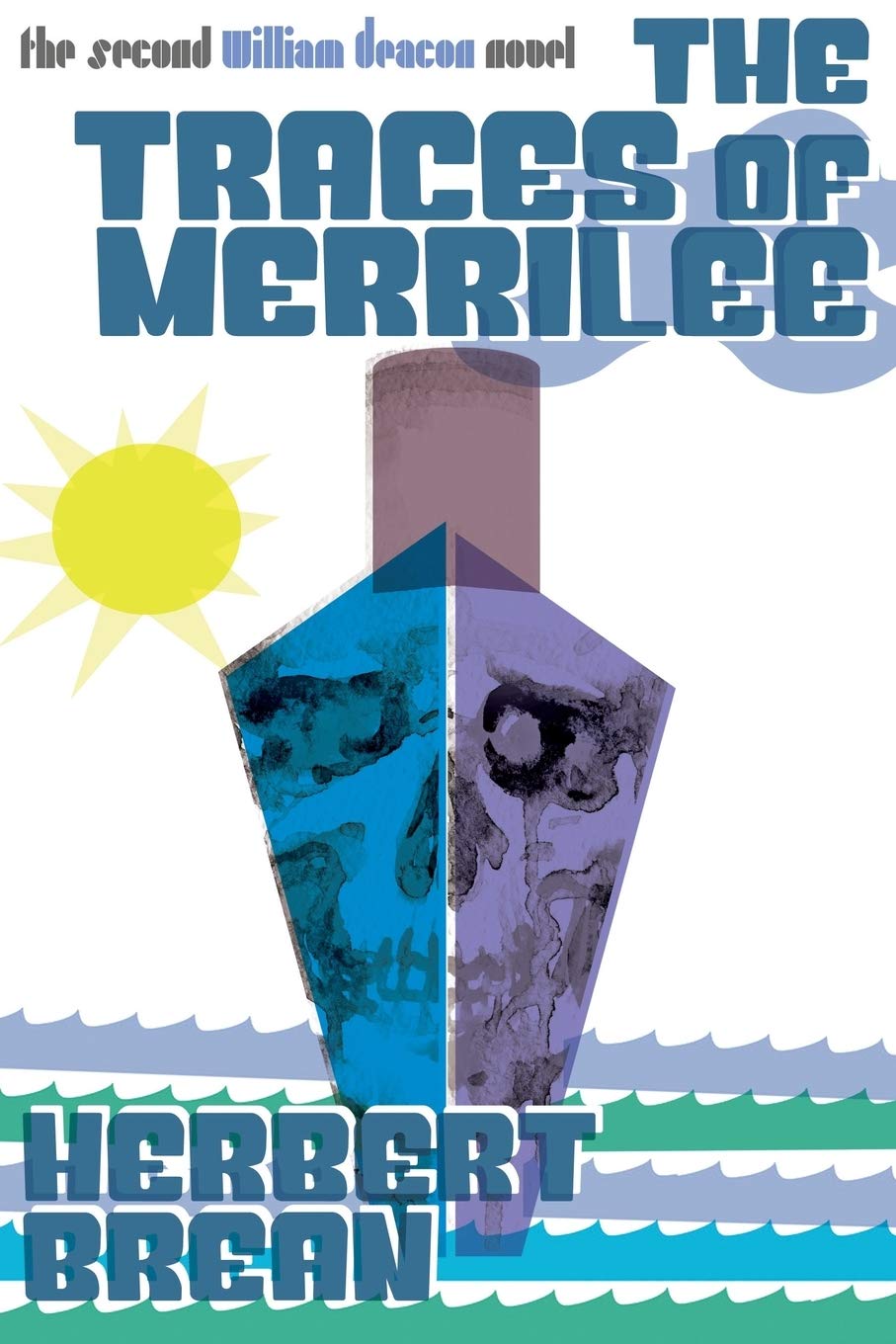
![]()
![]()
![]()
![]()
![]()
Merrilee Moore, the latest star to bewitch millions from the silver screen, is rumoured to be making a movie about Helen of Troy in Greece after years of being kept on a decidedly ungenerous contract by greedy studio heads. Suffice to say, certain people in the industry feel slightly put out at this turn of events, and might wish ill upon Miss Moore before she ever crosses the Atlantic and gets in front of a camera. And so magazine journalist William Deacon accepts a commission to cross the ocean on the Monmatre and keep an eye on Merrilee, to ensure nothing bad befalls her. First problem…is she even aboard the ship?







